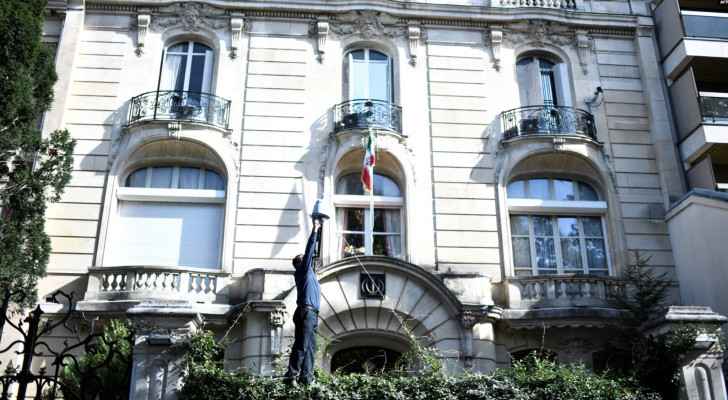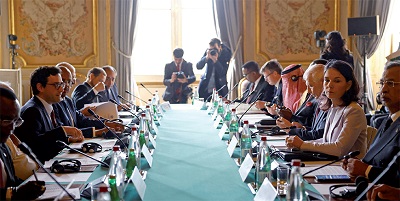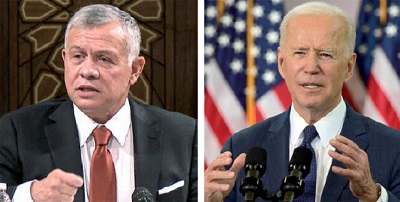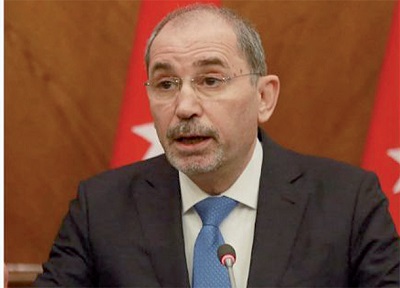Is Bashir Really Out? - By Abdulrahman Al-Rashed, Asharq Al-Awsat
The impossible change in Sudan has happened, yet, I find it difficult to judge events from faces and promises. My doubt could be exaggerated, but it stems from the reality that we see around us.
I do not forget the day after the coup d'état that took place on June 30, 1989, when an unknown army general named Omar Al-Bashir came to power. In the morning, I went to see the then-Egyptian president, Hosni Mubarak, with my colleague Mr. Abdellatif El-Menawy in a pre-arranged meeting. The meeting was also attended by Osama Al-Baz, advisor to the president, and Safwat Al-Sharif, Minister of Information.
Of course, the conversation started with the coup in Sudan and who was behind it. I asked Mubarak frankly whether Egypt had anything to do with the change, citing that MENA, the official Egyptian news agency, was the first to broadcast the news the day before. Although Mubarak turned the answer into a joke, he was sure that the coup in Khartoum was in Egypt's favor, that it was good news, and he did not hide his welcome to the coup.
In fact, the Egyptian government thought for a few days that the putschists were affiliated with Egypt. The toppled government of Sadiq Al-Mahdi, which had been popularly elected, did not appreciate the consequences of its political decisions, and made many mistakes, including the rapprochement with Iran, which angered its three most important allies - Egypt, Saudi Arabia and the United States. In addition, it decided to negotiate with the southerners before it guaranteed enough support among the poles of politics at home.
Then, it turned out that Cairo was the last to know the truth of what happened in Khartoum, and that the coup was more dangerous than the former government. It turned out that what was thought of as an angry military coup was in fact organized by a branch of the Muslim Brotherhood, an enemy of Egypt and Mubarak, whose name was the National Islamic Front (NIF) and was led by the late Hassan Al-Turabi. The group chose Brigadier General Bashir because he was a member of the movement, but the NIF ran the government from behind for a while. Turabi himself narrated these details later, including that he asked Bashir on the night of the coup to put him (Turabi) in prison to create a smokescreen that obscures his plot.
Bashir ruled Sudan for 30 dark years, in which he committed all the unimaginable crimes. Despite the many bad leaders who ruled in our region, Bashir was the only one wanted by the International Criminal Court (ICC). In order to stay in power, Bashir sold everything -- oil and the south, and hosted hardened terrorists such as Bin Laden, Carlos, Hezbollah and Iran. Under the rule of Bashir, Sudan witnessed increased poverty, disintegration, polarization and wars. So, will the country be better today after his departure?
We can only be optimistic and wait. As I explained at the beginning of this article, the Bashir and Turabi duo deceived the world; therefore, the Sudanese have the right to be skeptical and afraid that the game might be repeated yet again. The popular demonstrations, which persistently insisted on their demands for weeks, have removed Bashir, and the military now has the primary task of establishing a civil rule. They must prove that they will keep their promises to step aside and hand over the power to civilians later. They have issued a number of positive decisions, including the abolition of partial fronts in the government, in which the former ruling party had nestled. Yet, the Islamic group remains the deep state in Khartoum.
Latest News
 France summons Iranian ambassador over strikes against “Israel”
France summons Iranian ambassador over strikes against “Israel” France hosts Sudan talks a year into 'forgotten' war
France hosts Sudan talks a year into 'forgotten' war Israel presses on in Gaza as world awaits reaction to Iran attack
Israel presses on in Gaza as world awaits reaction to Iran attack King, Biden discuss regional de-escalation, need to reach Gaza ceasefire
King, Biden discuss regional de-escalation, need to reach Gaza ceasefire Safadi says Israel behind increasing regional tension, warns of Gaza war spillover risk
Safadi says Israel behind increasing regional tension, warns of Gaza war spillover risk
Most Read Articles
- King, Biden discuss regional de-escalation, need to reach Gaza ceasefire
- Safadi says Israel behind increasing regional tension, warns of Gaza war spillover risk
- World urges restraint after unprecedented Iran attack on Israel
- Cassation Court upholds four years prison term for drug dealer
- France summons Iranian ambassador over strikes against “Israel”
- Gov’t affirms readiness to deal with any threats to Jordan's safety, security
- King receives invitation from Azeri president to attend COP29
- Amman develops into centre for Arabic language learning
- Israeli Occupation Forces release detainees from Gaza Strip amid ongoing aggression
- Navigating Jordan’s sustainable development challenges - By Asyaf Nasser Al Zaben, The Jordan Times